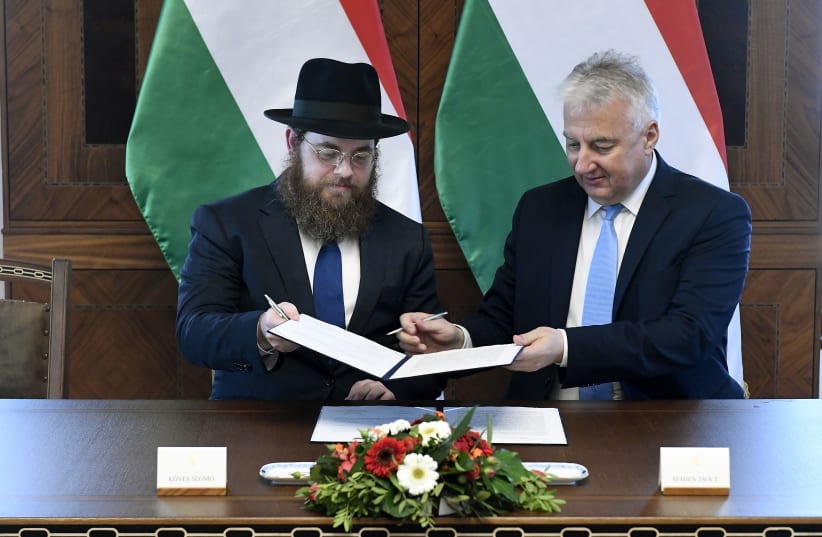Communal tensions have surfaced between the EMIH and the Neolog community over certain issues, including a controversial Holocaust museum, with the latter more wary of the current government that has undercut freedom of the press and the independence of the judiciary in the country.
In September last year, the EU sanctioned Hungary for breaching EU rules on democracy, civil rights and corruption.
Hungarian government grants Orthodox Jews formal recognition
The award marks the first time such standing has been given to an Orthodox community since the Holocaust
